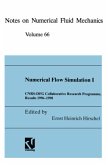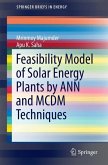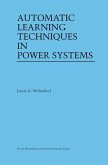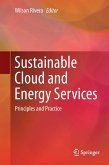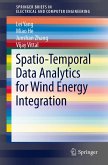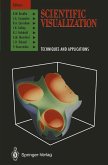This book is intended to be a practical reference to all scientists and graduate students who are seeking to define a mathematical model for Solid Oxide Fuel Cell (SOFC) simulation.
At present, there is a strong interest from both industry and academia in SOFC modeling, but the resources are currently limited to technical papers, which usually fail to provide basic understanding of the phenomena taking place in an SOFC, as well as to describe the different approaches needed for different requirements.
This situation is in contrast with the present demand in SOFC modeling, coming from scientists, students and young researchers.
This work has three main objectives:
Firstly, to provide the necessary theory behind SOFC operation.
Secondly, to analyze different approaches for SOFC modeling.
Thirdly, to present the reader with all the necessary tools for defining his/her own model, according to his/her specific needs.
The volume is structured in two parts. Part one presents the basic theory, and the general equations describing SOFC operation phenomena. Part two deals with the application of the theory to practical examples, where different SOFC geometries, configurations (from single cells to hybrid systems), operating conditions (steady-state and dynamic), and different phenomena (e.g. performance, temperature and chemical species, and mechanical stress distribution) are analyzed in detail.
At present, there is a strong interest from both industry and academia in SOFC modeling, but the resources are currently limited to technical papers, which usually fail to provide basic understanding of the phenomena taking place in an SOFC, as well as to describe the different approaches needed for different requirements.
This situation is in contrast with the present demand in SOFC modeling, coming from scientists, students and young researchers.
This work has three main objectives:
Firstly, to provide the necessary theory behind SOFC operation.
Secondly, to analyze different approaches for SOFC modeling.
Thirdly, to present the reader with all the necessary tools for defining his/her own model, according to his/her specific needs.
The volume is structured in two parts. Part one presents the basic theory, and the general equations describing SOFC operation phenomena. Part two deals with the application of the theory to practical examples, where different SOFC geometries, configurations (from single cells to hybrid systems), operating conditions (steady-state and dynamic), and different phenomena (e.g. performance, temperature and chemical species, and mechanical stress distribution) are analyzed in detail.


